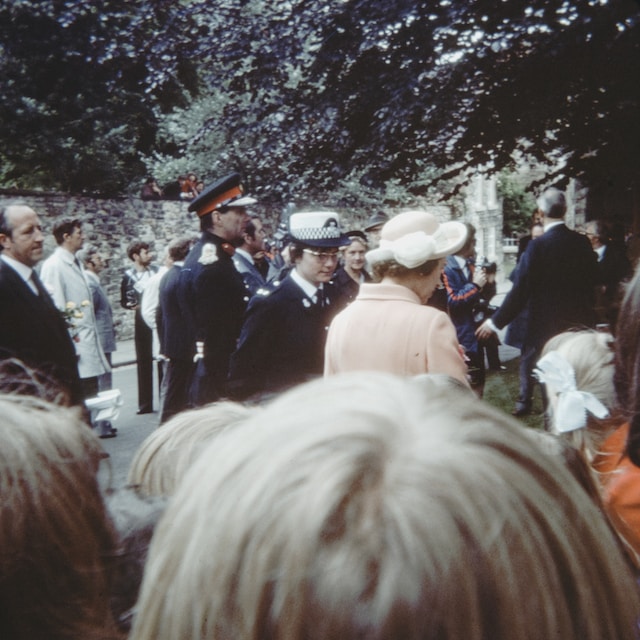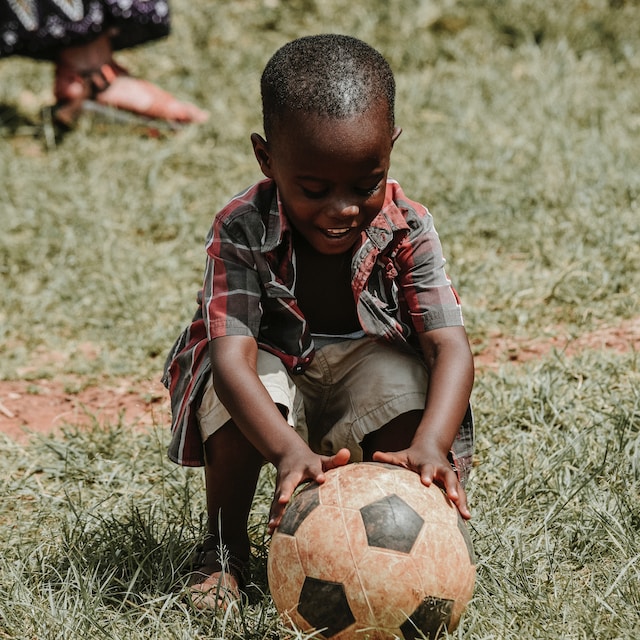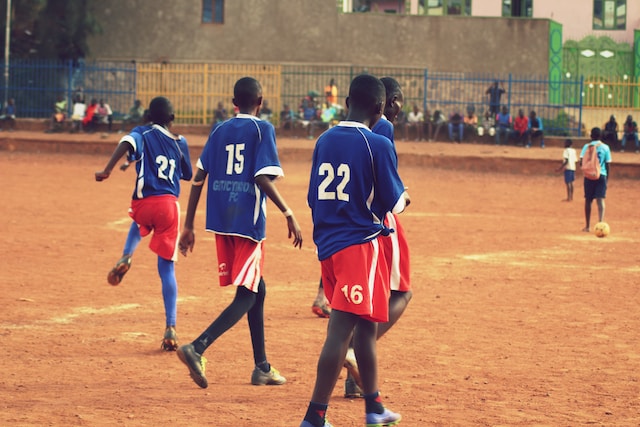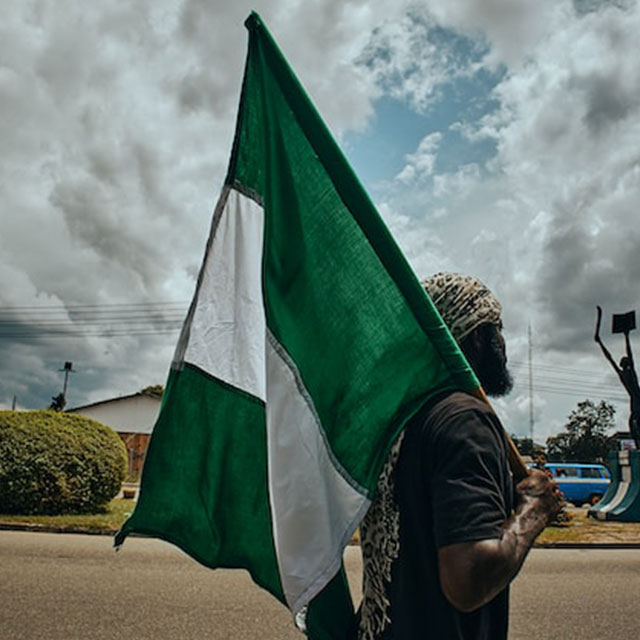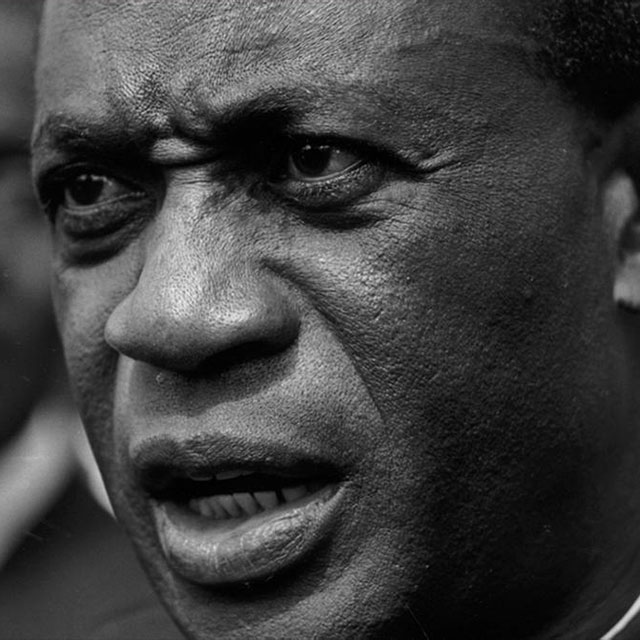With over ten years of experience co-developing multi-sector innovation strategies…
African feminism is a complex and nuanced movement, with different perspectives and beliefs on what it means to be a feminist and what gender equality should look like. In this series of articles, I have explored various facets of African feminism, including the importance of cultural empowerment, the challenges of challenging patriarchal norms, the need for intersectionality and inclusivity, and the issue of equal pay and access to opportunities for African women. We have examined the impact of African culture and philosophy on women’s rights and gender equality, and how they can provide a framework for understanding and addressing these issues. Through this series, I have seen that achieving true gender equality in Africa will require a concerted effort and a shift in societal attitudes. But I also know that it is possible, and we must continue to work together to create a world where everyone, regardless of their gender, has the same opportunities and resources.

African Feminism and Gender Equality: A Complex and Nuanced Journey
The quest for gender equality has been a long and arduous journey, and nowhere is this more evident than in Africa. The conversation around feminism and gender equality in Africa is a complex one, with different perspectives and beliefs on what it means to be a feminist and what gender equality should look like. In this five-part series, we will explore the different viewpoints and engage in a debate on some of the issues that are at the heart of this conversation.
Part 1: The Many Facets of African Feminism
African feminism is a complex term that has been used to describe the various feminist movements across Africa. It’s like trying to define “intelligence” or “beauty” – everyone has their own interpretation. Some believe that African Feminism is all about cultural empowerment, meaning that women should embrace their African heritage and use it as a tool for liberation. This view argues that Western feminism is too focused on individualism and doesn’t take into account the collective experience of African women.
On the other hand, some argue that African Feminism is about challenging the patriarchal norms that have been imposed on women for centuries. This view believes that women’s oppression is a result of the patriarchy, and that the only way to achieve gender equality is to dismantle it. This view often clashes with the cultural empowerment perspective, as it argues that certain cultural practices are harmful to women and should be abolished. But perhaps the most important aspect of African feminism is that it is not a monolithic movement. There are many different kinds of African feminism, and each has its own strengths and weaknesses. Some believe that African feminism is about both cultural empowerment and challenging patriarchal norms, while others believe that it is about something completely different. But no matter what perspective one takes, the goal is always the same – to achieve true gender equality for all African women.
Conclusion:
In conclusion, African feminism and gender equality are complex and nuanced issues that require a deep understanding of the experiences of different groups of women. In this five-part series, we will explore the different viewpoints and engage in a debate on some of the issues that are at the heart of this conversation. We hope that through this series, we can gain a deeper understanding of African feminism and gender equality and work together to create a world where everyone, regardless of their gender, has the same opportunities and resources.
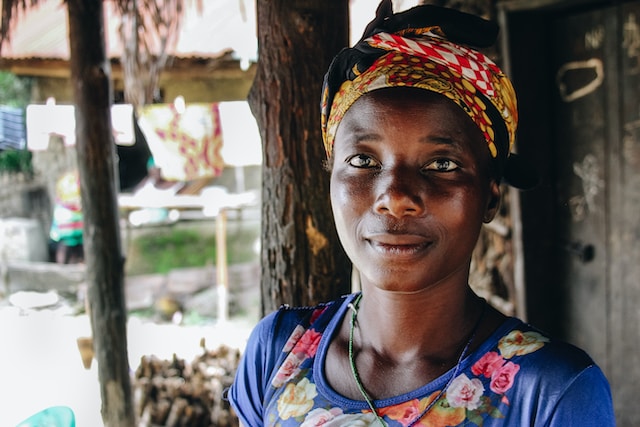
Part 2: Embracing Cultural Heritage in African Feminism
One of the main arguments of cultural empowerment in African feminism is that Western feminism often fails to take into account the collective experience of African women. Western feminism is often focused on individualism and tends to ignore the cultural traditions and practices that shape the lives of African women.
Cultural empowerment, on the other hand, recognizes that culture is an important part of people’s lives and that it should be embraced and celebrated. It means recognizing the unique cultural experiences of African women and using them as tools for liberation.
For example, in many African cultures, women are considered the backbone of the family and are responsible for taking care of the household and raising the children. But instead of seeing this as a limitation, cultural empowerment views it as a strength. African women have always been resourceful and have found ways to use their domestic duties as a means of economic empowerment.
Furthermore, African feminism recognizes that culture is not a monolithic concept. African cultures are diverse, and the experiences of African women are varied. For example, in some African cultures, women are expected to be submissive to men, while in others, women hold positions of power and influence. Cultural empowerment allows African women to embrace the aspects of their culture that are empowering while challenging the harmful practices that are holding them back.
Conclusion:
In conclusion, cultural empowerment is an important aspect of African feminism. It recognizes the importance of culture in people’s lives and uses it as a tool for liberation. It also recognizes that culture is not a monolithic concept and allows African women to embrace the aspects of their culture that are empowering while challenging the harmful practices that are holding them back. In the next part of this series, we will explore the other side of the debate – challenging patriarchal norms in African feminism.
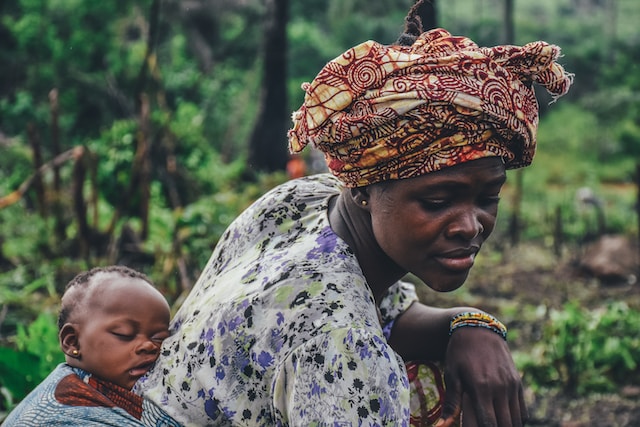
Challenging Patriarchal Norms in African Feminism: Buckle Up, Buttercup
Introduction:
So, you want to challenge patriarchal norms in African feminism? Well, you’re in for a wild ride, my friend. In part two of this series, we explored the importance of cultural empowerment in African feminism. Now, in part three, we’re going to delve into the hairy, scary world of challenging patriarchal norms. Buckle up, buttercup – it’s going to be a bumpy ride.
Part 3: Challenging Patriarchal Norms in African Feminism
Let’s face it, challenging patriarchal norms in African society is like trying to catch a greased pig – it’s slippery, it’s messy, and it’s damn near impossible. But hey, nothing worth doing is ever easy, right?
The patriarchy has been deeply ingrained in African society for centuries, and it’s not going to be dismantled overnight. It’s like trying to chop down a baobab tree with a spoon – it’s going to take a lot of time and effort. But it’s not impossible, and that’s where African feminism comes in.
Challenging patriarchal norms means breaking down the barriers that prevent women from achieving their full potential. It means recognizing that women are just as capable as men and that they deserve the same opportunities and resources. It means challenging the idea that women are only good for cooking, cleaning, and raising children.
But let’s not kid ourselves – this is not going to be easy. Patriarchy is like a hydra – you cut off one head, and two more grow back in its place. But that doesn’t mean we should give up. We need to keep chopping away, one head at a time, until we’ve dismantled the entire system.
And let’s not forget about the men. They’re the ones who have been benefiting from the patriarchy for centuries, and they’re not going to give up their privilege without a fight. But hey, we’re feminists – we’re used to fighting.
Conclusion:
In conclusion, challenging patriarchal norms in African feminism is a messy, complicated, and often frustrating process. But it’s a process that we must undertake if we want to achieve true gender equality. Buckle up, buttercup, it’s going to be a wild ride. In the next part of this series, we will explore the importance of intersectionality and inclusivity in African feminism.
Intersectionality and Inclusivity in African Feminism
Introduction:
African feminism is a complex and nuanced movement, with different perspectives and beliefs on what it means to be a feminist and what gender equality should look like. In part three of this series, we explored the challenges of challenging patriarchal norms in African society. In this fourth part, we will delve into the importance of intersectionality and inclusivity in African feminism.

Part 4: Intersectionality and Inclusivity in African Feminism
Intersectionality is the idea that different aspects of a person’s identity, such as race, gender, and class, intersect and affect their experiences of oppression and privilege. Inclusivity is the idea that all people should be included in the feminist movement, regardless of their race, gender, or sexual orientation.
In African feminism, intersectionality and inclusivity are essential because of the diverse experiences of African women. African women face different kinds of oppression based on their race, class, and sexual orientation, and it’s essential that the feminist movement takes this into account.
For example, African women who are part of marginalized communities, such as the LGBTQ+ community, often face double discrimination. They face discrimination based on their gender, as well as discrimination based on their sexual orientation. This intersectionality means that they face unique challenges that must be taken into account in the feminist movement.
Furthermore, African feminism recognizes that not all African women have the same experiences. The experiences of African women living in rural areas are different from those living in urban areas. The experiences of African women living in poverty are different from those living in wealth. The feminist movement must take into account these differences and work to create a movement that is inclusive of all African women.
Conclusion:
In conclusion, intersectionality and inclusivity are essential in African feminism. The diverse experiences of African women mean that we cannot approach feminism as a one-size-fits-all movement. We must recognize the unique challenges that different African women face and work to create a movement that is inclusive of all. In the final part of this series, we will explore the issue of equal pay and access to opportunities for African women.

Equal Pay and Access to Opportunities: An African Philosophical Examination of Women’s Rights
Introduction:
The feminist movement in Africa is a complex and nuanced one, with different perspectives and beliefs on what it means to be a feminist and what gender equality should look like. In the previous parts of this series, we have explored different facets of African feminism, including cultural empowerment, challenging patriarchal norms, and intersectionality and inclusivity. In this final part, we will examine the issue of equal pay and access to opportunities for African women through the lens of African philosophical and ancient cultural ideas.
Part 5: Equal Pay and Access to Opportunities
African philosophy is rooted in the idea of ubuntu, which means “I am because we are.” This concept emphasizes the interconnectedness of all people and the importance of community. It means that we cannot achieve true human flourishing without recognizing the importance of the collective.
This idea of ubuntu is relevant to the issue of equal pay and access to opportunities for African women. If we are to achieve true gender equality, we must recognize that women are an integral part of the community and that their contributions are just as valuable as men’s. We cannot achieve true human flourishing if half of the community is held back by gender discrimination.
African culture has a long history of recognizing the important role of women in society. In many African cultures, women are respected for their wisdom, strength, and resilience. However, this respect has not always translated into equal opportunities and pay for women.
In order to achieve true gender equality, we must recognize that women’s contributions to society are just as valuable as men’s. This means paying women the same as men for doing the same job and providing them with the same access to opportunities and resources.
But achieving this is easier said than done. The roots of gender inequality run deep in African society, and dismantling them will require a concerted effort. It will require a shift in societal attitudes and an overhaul of the systems that perpetuate gender inequality. We must recognize the importance of community and work together to create a world where everyone, regardless of their gender, has the same opportunities and resources.
Conclusion:
In conclusion, African philosophy and ancient cultural ideas can provide us with a framework for understanding the importance of equal pay and access to opportunities for African women. We must recognize the interconnectedness of all people and the importance of community. We must recognize that women’s contributions to society are just as valuable as men’s. If we are to achieve true gender equality, we must work together to dismantle the systems that perpetuate gender inequality and create a world where everyone, regardless of their gender, has the same opportunities and resources.
What's Your Reaction?
With over ten years of experience co-developing multi-sector innovation strategies and shaping policy with global institutions. My research and work focus on value and transform systems across education, design, life science, and manufacturing industries.


